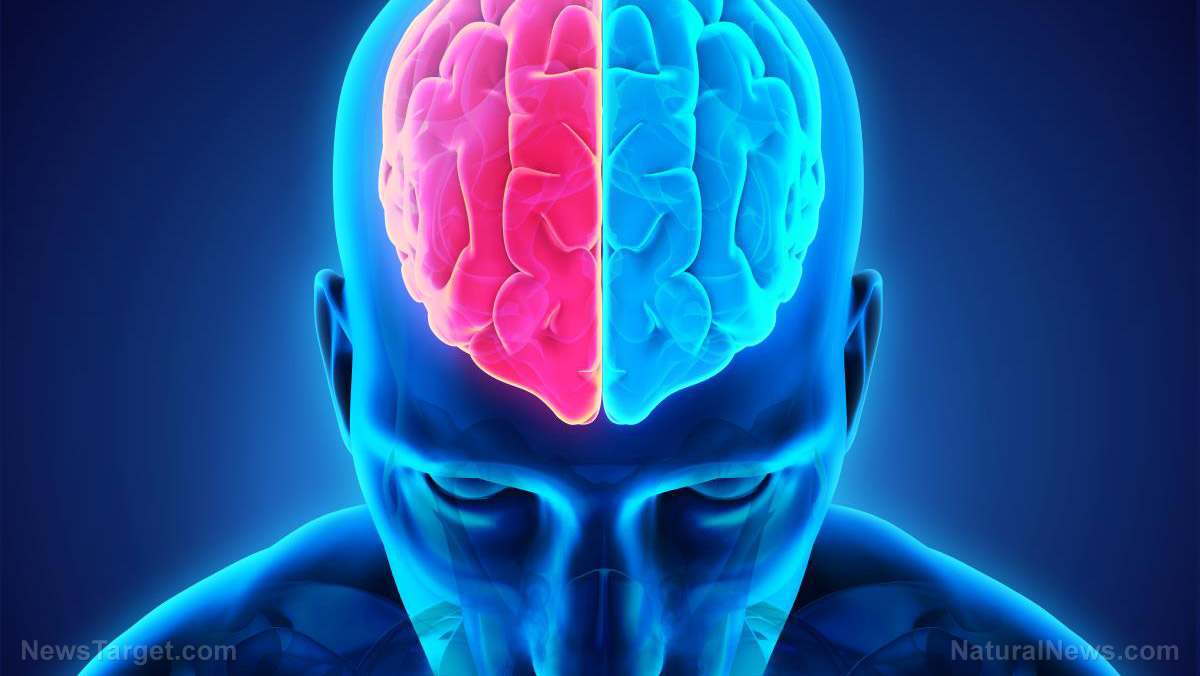Omega-3 keeps the blues away: EPA and DHA found to reduce depression symptoms
12/05/2018 / By Edsel Cook

Depressed because of heart problems? An Integrative Practitioner article suggested taking a lot of omega-3 supplements instead of antidepressants. Not only will you feel better, the supplements will also help protect your heart from cardiovascular diseases.
A recently-released study covered the effects of omega-3 fatty acids on heart failure patients who also suffered from cognitive depression. It uncovered a potentially big connection between depression and the amount of eicosapentaenoic acid (EPA) and docosahexaenoic acid (DHA) present in the patient’s blood.
EPA and DHA are common omega-3 fatty acids that are found in food and used in health supplements. In the study, they were administered to people who suffered from chronic heart failure and depression.
The 108 participants were divided into three groups. Each group received daily doses of a different treatment. The first group was given two grams of a placebo, the second group took an EPA supplement, and the last group received a mixed supplement consisting of EPA and DHA.
During the 12 week trial period, the researchers analyzed blood samples taken from the participants before and after taking the supplements. They also evaluated the symptoms of depression in the participants through a general health survey. (Related: Scientists: Taking EPA and DHA omega-3s reduces your risk of cardiac death.)
Taking both EPA and DHA helps control depression
The Duke University (DU) study found that the omega-3 index scores of the two supplemented groups turned out to be much better that those of the placebo group. The mixed EPA/DHA group showed the highest score, although the EPA-only group was fairly close behind.
The participants who completed the trial and consumed at least 70 percent of their supplements showed much higher values. Their results confirmed that the two gram dose and strict compliance with the supplementation were enough to improve their omega-3 index in just three months.
Meanwhile, the general health survey demonstrated strong connections between the omega-3 index and the social functioning sub-scores. The participants who took both EPA and DHA performed much better on the survey after supplementation, while the EPA-only group showed smaller but significant improvements.
Furthermore, the DU researchers also found a correlation between the omega-3 levels and cognitive depression symptoms. As the available amounts of fatty acids went up, the scores associated with depression symptoms decreased.
This suggested that omega-3 fatty acids could improve the symptoms of cognitive depression, which included pessimism and sadness. Compare with somatic depression, which is indicated by fatigue and disturbed sleep.
Omega-3 supplements are a possible therapy for cognitive depression
William Harris is a researcher from the University of South Dakota (USD) who participated in the DU study. He noted the potential implications of this study on the debate between those who favor treating health problems and those who prefer to prevent it from taking place.
“Generally, we think of the function of omega-3s as preventative rather than as treatment,” he remarked. “If used as treatment, the dose must be fairly high, four grams is a typical drug dose, and blood levels must be measured.”
He and his DU counterparts are already planning a bigger follow-up study. Harris has suggested focusing solely on EPA for the next study; he recommended that the dose and the duration of the new trial should be increased.
The researchers are also looking at other supplements that could improve the symptoms of cognitive depression. Recent studies have indicated that EPA is the better choice for improving moods, while DHA seems to enhance cognition in general. These two nutrients could be the unexpected hope for people who suffer from depression due to heart disease.
SupplementsReport.com can tell you a lot more about the benefits of omega-3 health supplements.
Sources include:
Tagged Under: alternative treatment, brain health, cognitive depression, depression, docosahexaenoic acid, eicosapentaenoic acid, healing, health supplements, mental health, mood, omega-3 fatty acids, omega-3 supplementation, omega-3s, supplements




















